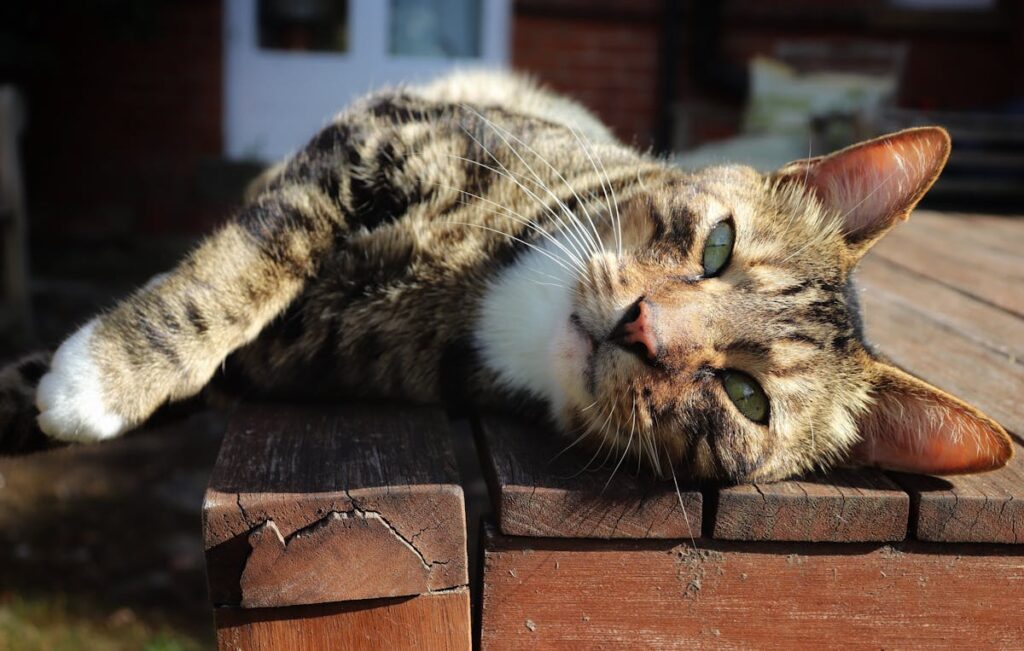
I have often thought that man, left to his own devices, is much like the housecat—content to nap in a sunny spot until the house catches fire. At that moment, he will leap from his slumber, all senses engaged, tail aflame, and make a grand show of his escape. But until then, he will not stir for anything less than the rattle of a can opener. And so it is with society. We do not move until the flames lick at our feet.
I have walked many miles in these woods and seen the way the trees labor without complaint, offering their shade without demand for recompense. They do not wait for a windstorm to consider bending toward their neighbors to provide shelter. They do it simply because that is the way of things. But man, that peculiar animal, has made an art of ignoring his own kind unless pressed by some great catastrophe. When the floodwaters rise, when the earth quakes, when the markets tremble—ah! Then we remember our duty to one another. Then we take up the noble cause of mutual aid, as if it were some revelation rather than a long-neglected truth.
The curious thing about comfort is that it dulls the senses as surely as a long winter dulls the hunger of a bear. We grow content in our dens, believing that all is well because our bellies are full and our roofs are tight against the rain. We do not see the quiet famine of the soul that sets in when man forgets his obligation to his fellow. The true crisis is not the one that comes with sirens and headlines, but the one that settles in like a slow rot, unnoticed until the foundation gives way.
To give without necessity—this is the work of the truly awake. But few will undertake it, for it requires stepping out of the pleasant dream of self-sufficiency and into the bracing cold of reality, where one sees not only his own needs but those of his neighbors. To part with a portion of one’s time, not because the house is burning, but because another’s hearth is cold, is a radical act in an age where comfort is king.
And so we find ourselves in this peculiar state: absent a crisis, there remains a crisis. Not of fire or flood, but of indifference. A man will cross a raging river to rescue his brother, but he will not cross the street to meet him when all is well. This, I think, is our great failing. For what is society but a network of unspoken obligations? And what is a man, if not the sum of his small kindnesses, freely given and without need of catastrophe?
The irony, of course, is that comfort itself is the most fleeting of states. No man ever truly possesses it, only borrows it for a time. To cling to it as if it were a permanent fixture is the folly of a child grasping at a soap bubble, only to find it gone the moment he closes his hand. Perhaps if men knew this, they would be more willing to part with their time before it is wrested from them by fate. But alas, we are slow learners. The housecat will sleep until the smoke is thick in the air, and so, too, will man remain at rest until necessity drags him, coughing and sputtering, into action.
Yet, I do not despair. For I have seen, even in the most indifferent of hearts, the flicker of recognition when faced with another’s need. It is the ember that must be fanned before the house catches fire. If we could but learn to act not in fear but in fellowship, we might yet avoid the greater flames that lie ahead. But until then, we remain as we are—dreaming of comfort, while the quiet crisis creeps ever closer.
Join us in making the world a better place – you’ll be glad that you did. Cheers friends.